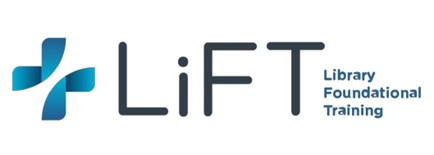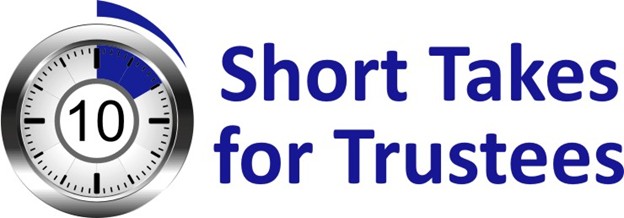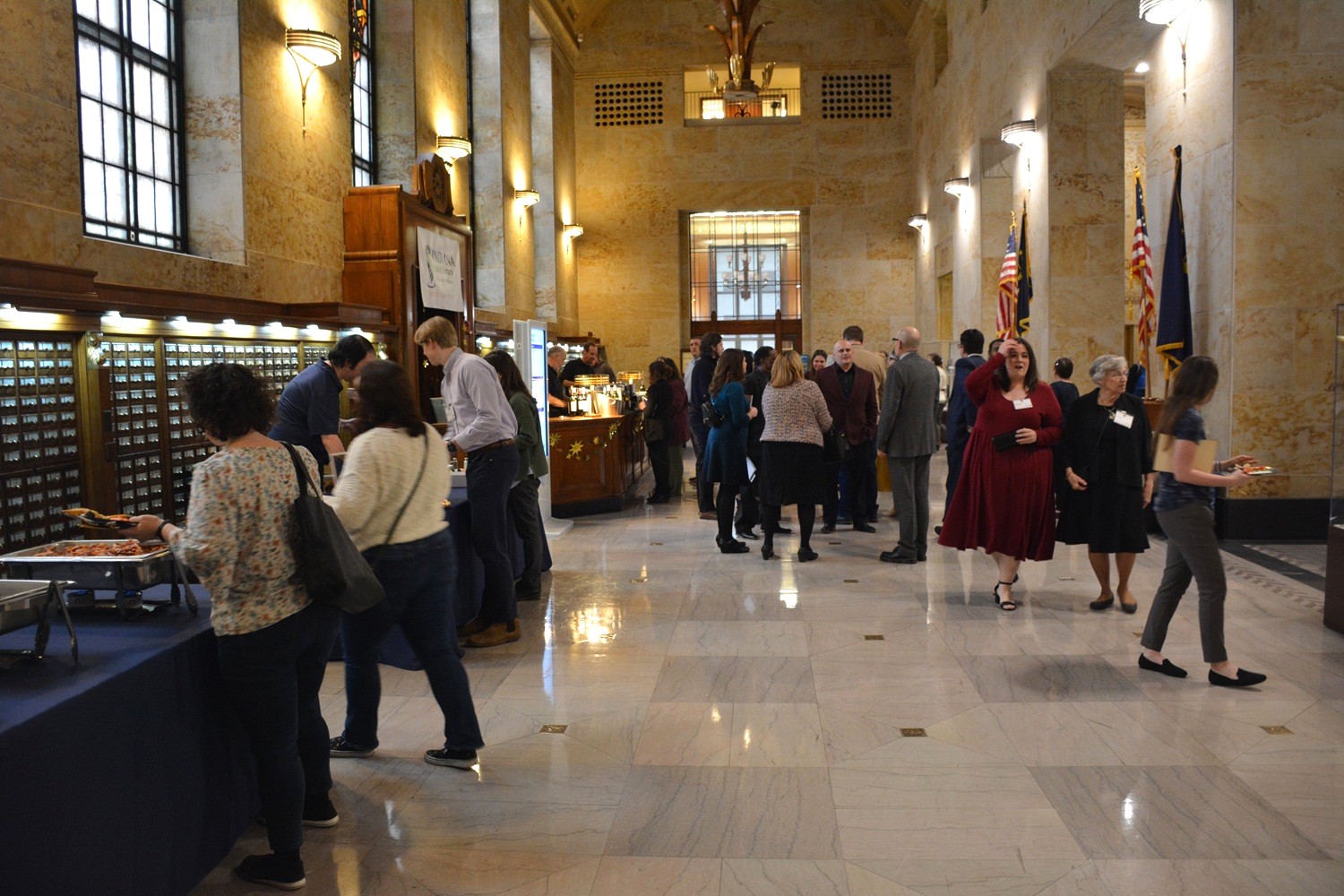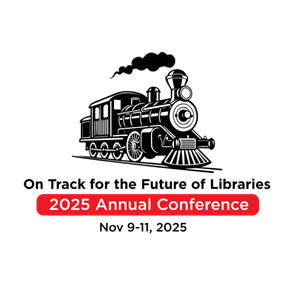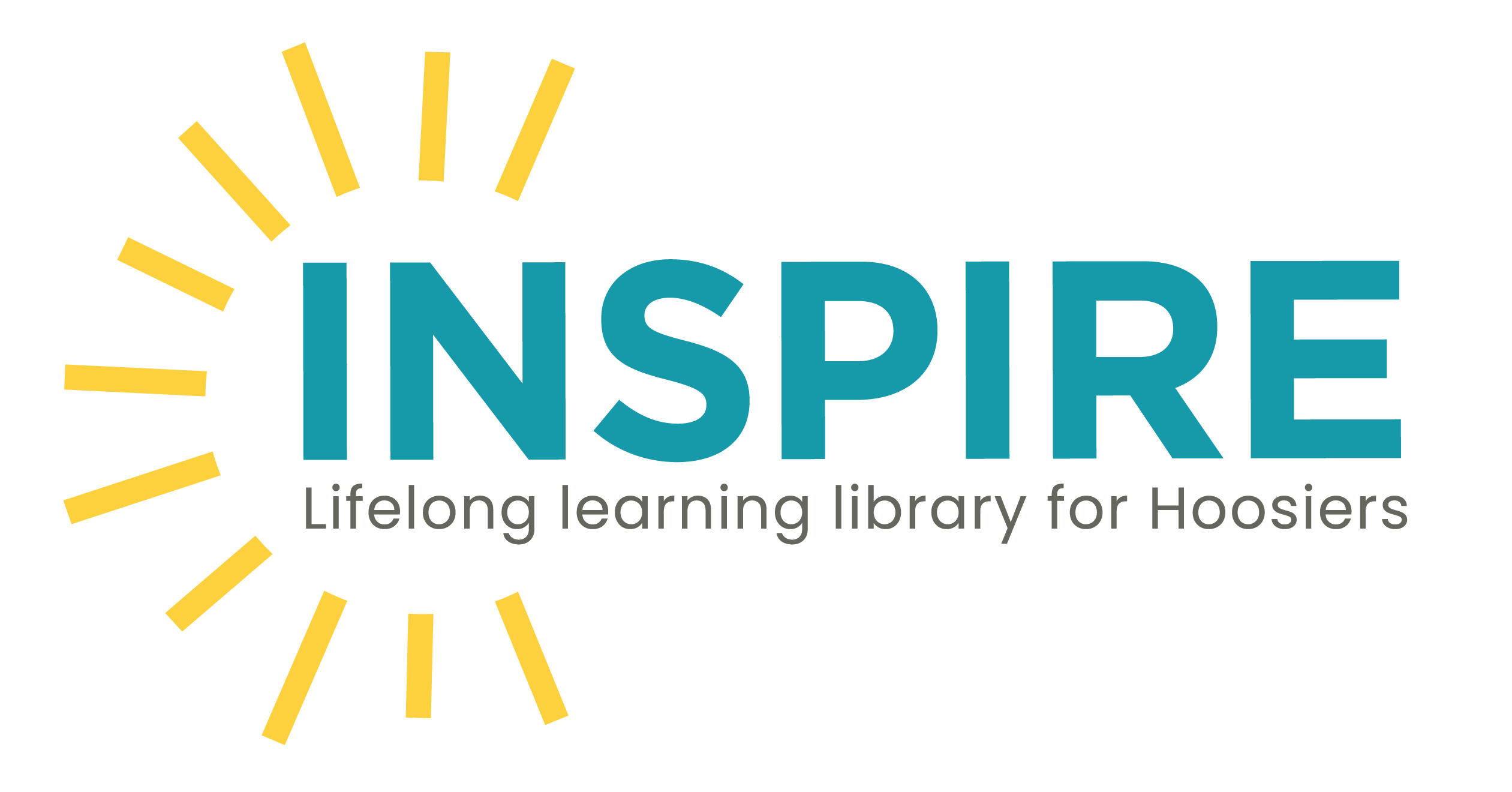Two new professional development training opportunities have been added to the Indiana State Library’s Find Training page.
LiFT – Library Foundational Training
LiFT courses were created to address the training needs of predominantly non-degreed library staff who are new to their current position, or new to working in libraries. Through a 2024 IMLS grant – and a partnership with the Idaho Commission for Public Libraries – WebJunction’s foundational ABLE and SABLE courses have been reimagined into these new courses:
- “Public Library Fundamentals.”
- “Introduction to the Library Catalog.”
- “The Reference Interview.”
The Collection Management Series:
- “Introduction to Library Collections.”
- “Introduction to Collection Policies.
- “Selection and Acquisitions”.
- “Organizing and Maintaining a Collection.”
- “Collection Assessment.”
- “Weeding the Collection.”
The courses are geared toward non-MLS staff and would be great refreshers for all library staff. They are all one hour and worth one LEU for Indiana library staff. These courses build core library skills and would be great for onboarding new staff or advancing skills for current library staff. Once a course is completed, a short quiz must be taken in order to receive the learning certificate. Attendees need to get 80% correct to pass, and then the certificate can be printed or saved. They also provide badges that you can add to LinkedIn profiles for achieved skills.
United for Libraries – Short Takes for Trustees
The Indiana Library Federation, through a grant from the Herbert Simon Family Foundation, has provided free statewide access to the American Library Association’s United for Libraries Short Takes for Trustees training series. Indiana is a current statewide training partner, and free statewide access is available to Indiana trustees and library staff through 2027.
The training includes quick, professionally produced videos designed to help trustees better understand their role.
To access the videos, visit the United for Libraries state access page, select Indiana and then select either “Register” or “Access” (individuals will need to register for an ALA account if they do not already have one).
Some topics in the Short Takes series include:
- What it means to be a trustee.
- Board meetings and ethics.
- Advocacy and communications.
- Intellectual freedom.
- Library policies.
- Strategic planning.
- Working with friends.
- Evaluation of the library director and board.
- Succession planning and new board orientations.
A certificate worth two LEUs is available after the completion of the series.
This post was written by North regional coordinator Paula Newcom of the Indiana State Library Professional Development Office.

